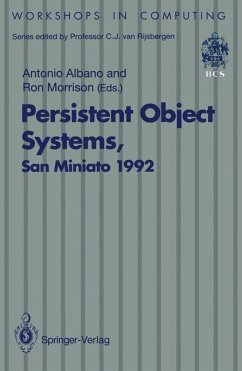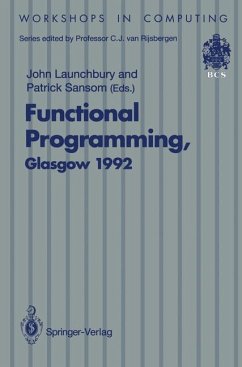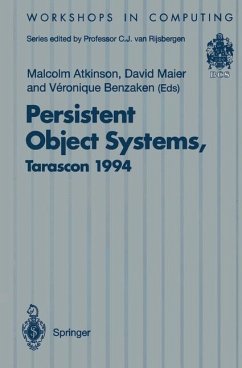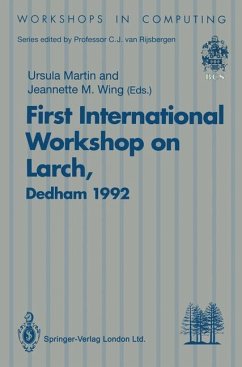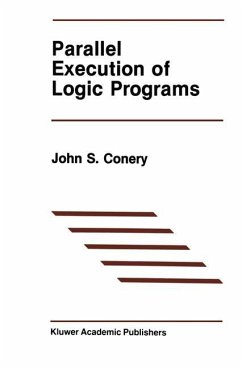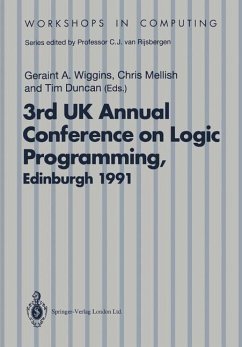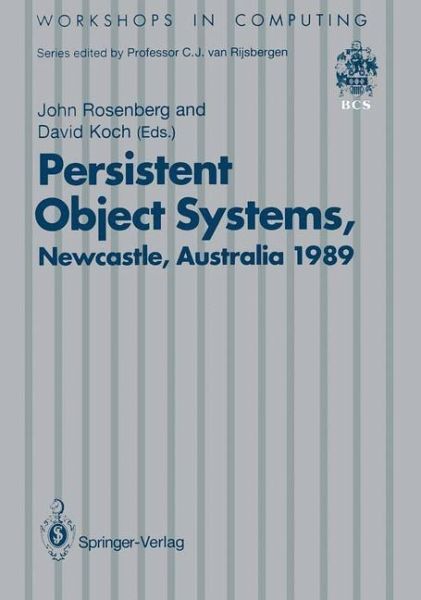
Persistent Object Systems
Proceedings of the Third International Workshop 10-13 January 1989, Newcastle, Australia
Herausgegeben: Rosenberg, John; Koch, David

PAYBACK Punkte
20 °P sammeln!
Persistent object systems are systems which support the creation and manipulation of objects in a uniform manner, regardless of how long they persist. This is in direct contrast with conventional systems where temporary objects are created and manipulated using one mechanism (typically programming language data structures) and permanent objects are maintained using a different mechanism (usually a filestore). The unification of temporary and permanent objects yields systems which are smaller and more efficient than conventional systems and which provide a powerful and flexible platform for the...
Persistent object systems are systems which support the creation and manipulation of objects in a uniform manner, regardless of how long they persist. This is in direct contrast with conventional systems where temporary objects are created and manipulated using one mechanism (typically programming language data structures) and permanent objects are maintained using a different mechanism (usually a filestore). The unification of temporary and permanent objects yields systems which are smaller and more efficient than conventional systems and which provide a powerful and flexible platform for the development of large, data intensive applications. This volume presents the proceedings of a workshop at which latest research in this area was discussed. The papers are grouped into sections on the following topics: type systems and persistence, persistent programming languages, implementing persistence, object stores, measurement of persistent systems, transactions and persistence, and persistent machines.





